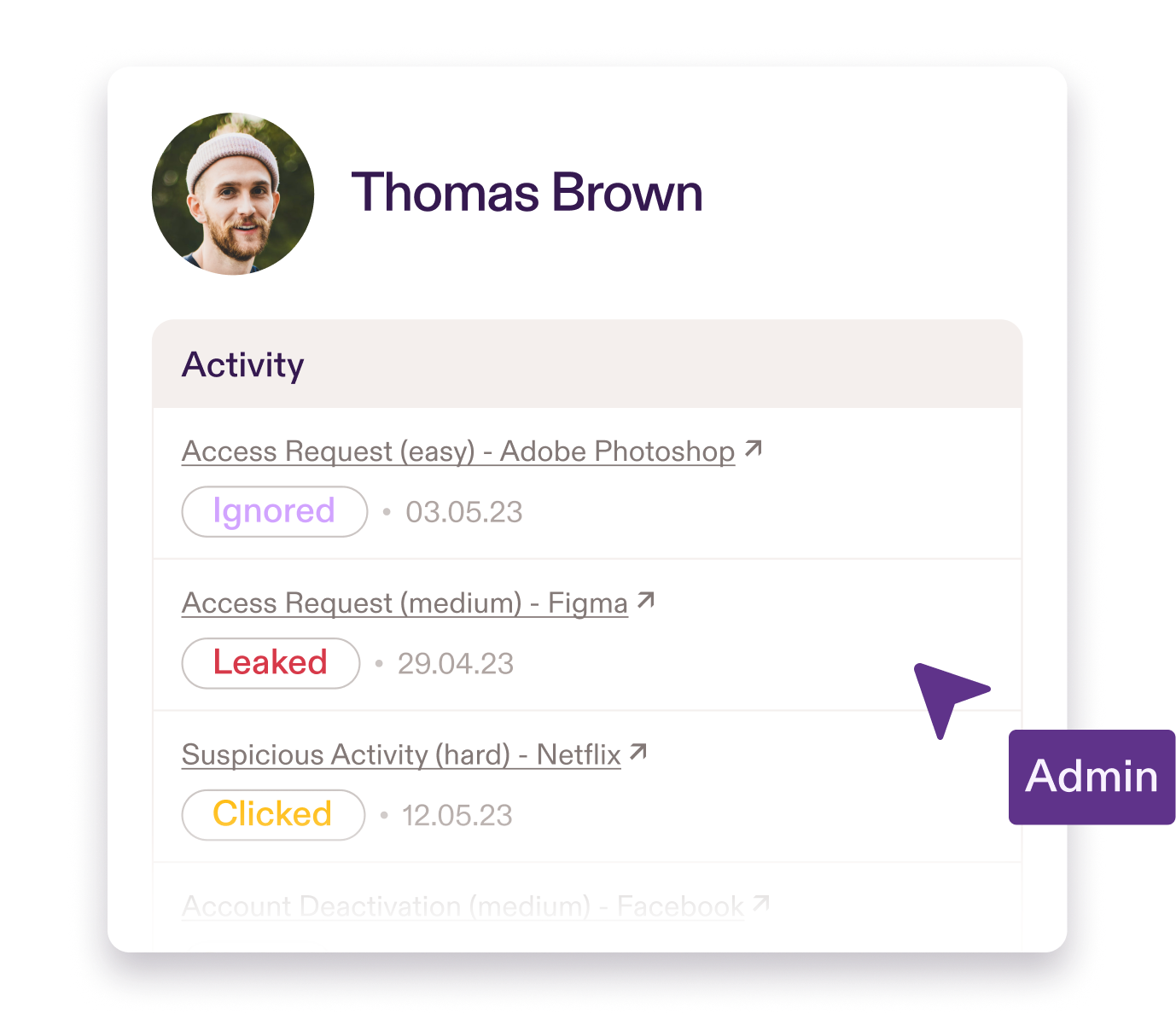In a world where our smartphones are practically an extension of ourselves, cybercriminals have discovered a new playground: smishing. It may appear harmless, but there's nothing endearing about this digital threat. Imagine phishing, but with a twist that exploits your trust in text messages.
Welcome to the wild world of smishing, where cybercriminals are reeling in unsuspecting victims one text at a time. From clever disguises to tempting traps, we're exposing their schemes and giving you the tools to fight back.
The Smishing Scheme
Just when you thought your guard was up against email phishing scams, smishing sneaks in through the backdoor of your smartphone. It's designed to trick you into divulging personal information, passwords, or even financial details. These clever messages pretend to be real alerts from banks, delivery companies, or social media sites, making them very tricky to notice
What's Smishing?
Imagine receiving a text that seems innocent enough, urging you to take immediate action. Maybe it's an enticing offer, a fake security alert, or a link promising the moon and stars. The twist? These are all clever ruses designed to get you to reveal your personal information or click on malicious links. Say hello to smishing – SMS phishing – where attackers cleverly disguise their messages to lure you into their trap. It's a modern-day magic trick that ends badly if you're not careful.
How to Spot a Smish
- Unbelievable Offers: Did you miraculously win a contest you never entered? Be cautious of messages that promise the moon and stars for free. Remember, genuine opportunities rarely come knocking out of the blue.
- Implausible Threats: "Your account will be deleted!" Legitimate organizations use more professional ways to communicate serious matters.
- Urgency: Messages that scream "URGENT! Your account is compromised – act now!" are often smishing bait. Take a moment to evaluate before diving in.
- Shortened URLs: Hover over links to unveil their true destination. Sketchy URLs can lead you down a rabbit hole of trouble, so stay wary.
- Grammar and Spelling Matter: Cybercriminals might not be grammar gurus. If a message seems clumsily worded or off, treat it with suspicion.
How to Safeguard Yourself
- Verify Contacts: If a message claims to be from your bank or any organization, verify by calling them directly.
- Guard Your Info: Never share personal or financial details via text – legitimate institutions won't ask for them this way.
- Enable Two-Factor Authentication (2FA): Whenever possible, enable two-factor authentication for your online accounts. This added layer of security significantly reduces the risk of unauthorized access.
- Monitor Your Accounts: Make sure to often check your bank and online accounts for any strange stuff happening. If you see something that shouldn't be there or any changes you didn't make, tell someone right away.
- Stay Updated: Update your smartphone's operating system, applications, and security software. These updates often contain crucial security patches that keep you safe from evolving threats.
Spotting a smishing attempt isn't rocket science – you just need to know the signs and trust your instincts. If something feels off, it probably is.
Taking Action
If you suspect you've fallen for smishing:
- Change Passwords: Quickly change passwords for accounts that might be at risk. Go for tough ones that are really, really hard to break.
- Alert Your Financial Institutions: If financial info was exposed, notify your bank or credit card company. They can help protect your accounts
- Report Suspicious Activity: Forward any messages you're unsure to your mobile carrier so they can take action and protect you from potential scams.
Understanding the Risks
As we become more reliant on technology, understanding the risks and preventive measures becomes imperative. In the digital age, cybersecurity training is no longer an option – it's a necessity. The prevalence of smishing and other cyber threats underscores the importance of understanding how these attacks work.
At Pistachio, we recognize the paramount importance of cybersecurity education and awareness. We firmly believe that well-informed individuals hold the key to a more secure digital world. That's why we've crafted a platform that simplifies the process, empowering teams to make the most of their digital journey without fear or confusion. Our goal is not just to educate but to make cybersecurity education seamless, engaging, and effortlessly integrated into their daily routines.
At the end of the day, knowledge is your best defense against smishing. So next time your phone buzzes with an irresistible offer, pause, take a breath, and question whether it's smishing or a genuine opportunity. Your digital safety depends on it.

